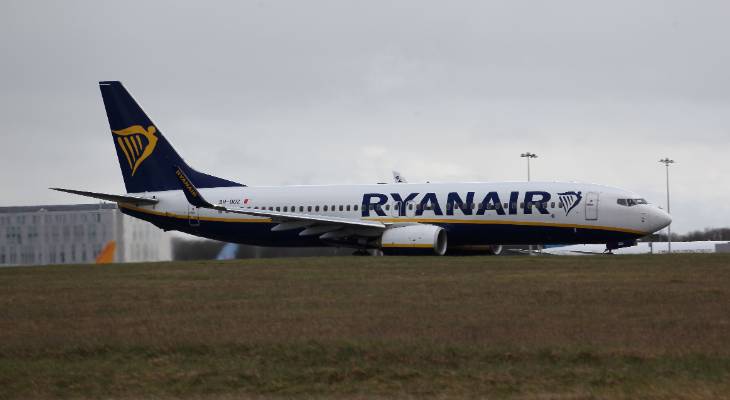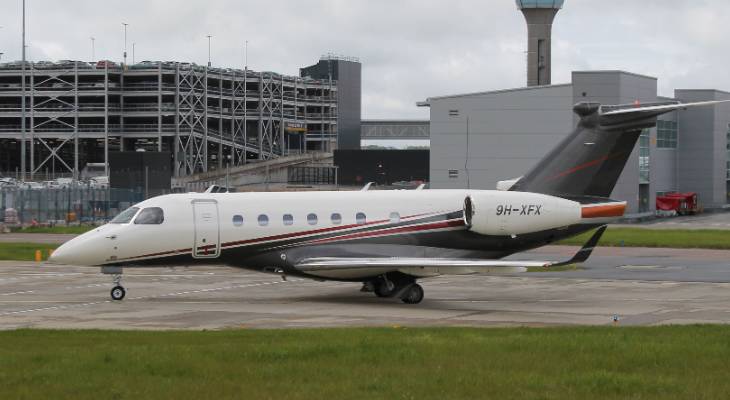Malta has orchestrated a remarkable transformation, establishing itself as an indispensable pillar within Europe's aviation landscape. This strategic evolution has been underpinned by the extraordinary expansion of Malta's national aircraft registry, which has achieved unprecedented growth that fundamentally repositions the island republic within the global aviation ecosystem.
The exponential development of Malta's aviation sector represents far more than numerical achievement. Through sophisticated regulatory frameworks, strategic government positioning, and carefully calibrated industry partnerships, Malta has created a compelling value proposition that attracts international aviation operators while simultaneously building sustainable competitive advantages that position the jurisdiction for continued expansion.
The registry's remarkable trajectory, with fleet numbers exceeding 900 aircraft by 2025, demonstrates sustained annual growth rates of approximately 10 per cent, effectively doubling the registered fleet within five years. This expansion reflects a fundamental shift in how international aviation operators perceive Malta's role within the European regulatory environment, transforming from a peripheral jurisdiction into a central hub for aviation business operations.

The architecture underlying Malta's aviation success encompasses multiple interconnected components that collectively create exceptional value for industry participants. The jurisdiction maintains comprehensive alignment with European Aviation Safety Agency regulations while simultaneously upholding International Civil Aviation Organisation standards, ensuring operators benefit from seamless regulatory integration across international markets. This dual compliance framework eliminates potential operational conflicts that frequently complicate multi-jurisdictional aviation operations.
Malta's achievement of Federal Aviation Administration Category 1 certification further enhances the jurisdiction's appeal, providing Maltese-registered aircraft with unrestricted access to United States airspace while maintaining the highest international safety standards. This certification represents a significant competitive advantage that enables operators to pursue global route networks without encountering regulatory barriers that might otherwise limit operational flexibility.
The operational efficiency of Malta's registration system distinguishes the jurisdiction from traditional aviation centres. The comprehensive digitisation of application processes provides unprecedented transparency, enabling applicants to monitor their submissions in real-time while ensuring swift processing that minimises aircraft downtime. This technology-driven approach contrasts sharply with the bureaucratic complexities that characterise larger jurisdictions, where prolonged processing times can significantly impact operator revenue streams.
The remarkable expansion of Air Operator Certificate holders within Malta's jurisdiction illustrates the registry's broad appeal across aviation segments. The growth from a modest number of operators to nearly sixty certified entities demonstrates the jurisdiction's capacity to accommodate diverse operational requirements, from major commercial carriers to specialised leasing organisations and private aviation operators. This diversification provides stability while creating opportunities for cross-sector collaboration and knowledge transfer.
Malta's positioning within international aviation financing frameworks represents another crucial competitive advantage. The jurisdiction's top-ranking performance in the Cape Town Convention Compliance Index, achieving first position within Europe and second globally with a score of 95 out of 100, provides exceptional protection for aircraft financiers and leasing companies. This compliance rating creates confidence in the legal infrastructure surrounding aircraft transactions, particularly important as the leasing sector continues to dominate modern aviation finance structures.

The diversity of aircraft types now operating under Maltese registration reflects the jurisdiction's successful appeal across aviation segments. The registry encompasses everything from high-value private jets serving discerning clientele to commercial aircraft supporting passenger and cargo operations, alongside specialised rotorcraft serving tourism and emergency response sectors. This operational diversity provides resilience while creating opportunities for sector-specific expertise development.
Despite its considerable achievements, Malta's aviation cluster continues to face specific challenges that present opportunities for strategic development. The jurisdiction requires expanded capacity in specialised legal services, particularly attorneys with expertise in airline accounting, aircraft registration procedures, and complex leasing structures. These professional service gaps represent both current limitations and future growth opportunities as the sector continues its expansion trajectory.
The legal profession has begun responding to these opportunities, with several firms establishing dedicated aviation practices. However, the demand for specialised services continues to exceed available supply, creating ongoing challenges for operators seeking comprehensive local support while simultaneously creating attractive opportunities for professional service providers willing to invest in sector-specific expertise.
Malta's governmental approach to aviation development extends beyond passive support, encompassing active strategic planning and targeted investment. Through comprehensive legislation, updated regulatory frameworks, and sustained industry engagement, authorities have created an environment where aviation enterprises can achieve sustainable growth. This coordinated approach demonstrates a genuine commitment to long-term sector development rather than short-term opportunistic positioning.
The government's ambitious long-term aviation strategy targets dramatic expansion of the sector's economic contribution, aiming to increase impact from €700 million to between €2.8 and 3.3 billion by 2035. This strategic vision encompasses comprehensive aviation ecosystem development, including maintenance, repair, and overhaul facilities, flight training organisations, and emerging technologies such as unmanned aerial vehicles. Infrastructure investments, including Malta International Airport enhancements and air traffic management system upgrades, demonstrate a sustained commitment to supporting continued sectoral expansion.
Malta's aviation transformation represents a sophisticated national strategy that successfully combines regulatory excellence, fiscal incentives, and authentic governmental support. As the jurisdiction continues maturing and addressing remaining professional service gaps, its position as Europe's fastest-growing aircraft registry appears positioned to evolve into a comprehensive aviation hub status, potentially rivalling established centres while maintaining the agility and responsiveness that characterise modern aviation requirements. This evolution suggests Malta's aviation success story is far from complete, with continued growth opportunities across multiple aviation segments and supporting industries.
Main Image:
